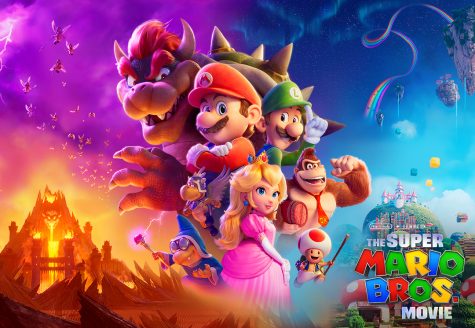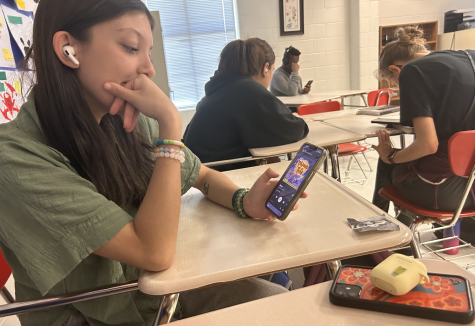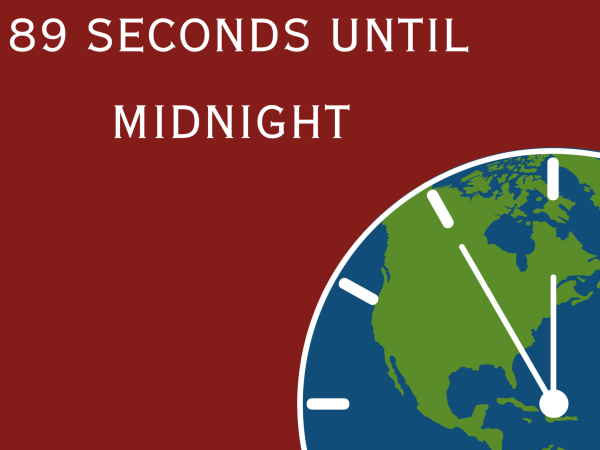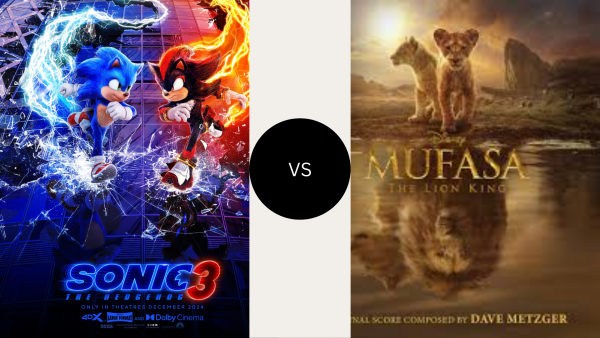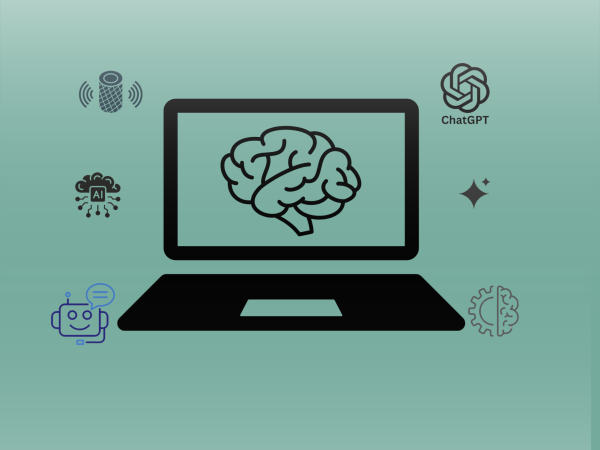The wrong kind of caffeine
As you stroll the hallways of Etowah’s campus, the sight of hands tightly clasping Monster cans, Red Bulls, and Celsius drinks is far from foreign. Tired? Try an energy drink. Bored? Take a sip. Hungry? Drink up. Taking a quick swig from your morning Monster can offer a refreshing energy boost, but these drinks are often overhyped.
High school is typically one of the most influential and formative periods of your life. During these four years, we are in a constant struggle trying to balance academics, extracurriculars, our social lives, and even jobs. On top of this, many seniors face the looming pressure of college applications and getting accepted into an elite university. These pressures force students into a state of exhaustion, and to stay awake, energy drinks can be a lifesaver.
“Energy drinks are bad because of the caffeine and sugar. It can lead to long-term health problems,” Amy Burke, junior, said.
Although energy drinks continue to have a place in Etowah students’ daily diets, many are unaware of just how dangerous they are to consume. Energy drinks contain large amounts of caffeine, sugar, vitamins, and herbs that are not healthy for the average person. In 2007, the Centers for Disease Control and Prevention reported that 1,145 kids ages 12 to 17 went to the emergency room for an energy drink-related emergency; in 2011, that number climbed to 1,499. Some side effects of drinking too much include increased stress, aggressive behaviors like alcohol/cigarette abuse and increased blood pressure.
“These drinks are generally stimulants and can put a demand on the heart. If someone already has heart disease, which is one of the leading causes of mortality in the United States, energy drinks could have a negative effect on the body,” Mohamad Mousa, an associate professor at the University of Toledo College of Medicine and Life Science, said.
Aside from the health issues, the type of drink you consume says a lot about you, as well. Drink an iced latte every morning? Classy. Soda? Interesting, but I respect it. Chug four Red Bulls every day? You might need to see a therapist. Not surprisingly, though, the United States is the leading consumer worldwide of energy drinks, with the United Kingdom, Japan, and Spain following behind.
“I am not a big fan of the amount of sodium nor the amount of caffeine [in energy drinks]. They also just do not affect me,” Nico Churuguaco, senior, said.
Although the flavors of these caffeine-laden drinks can be addicting, there are many other less heart-attack-inducing substitutes that provide just as much of an energy jolt. Coffee is one of the most popular ones (and one of my favorites). However, regardless of what drink you prefer, it is important to stay healthy and drink up in moderation.

Hey! My name is Ila (ee-la), and I am a senior at Etowah. This is my fourth year on the staff, and I am the Editor-in-Chief this year. I love writing (obviously),...


